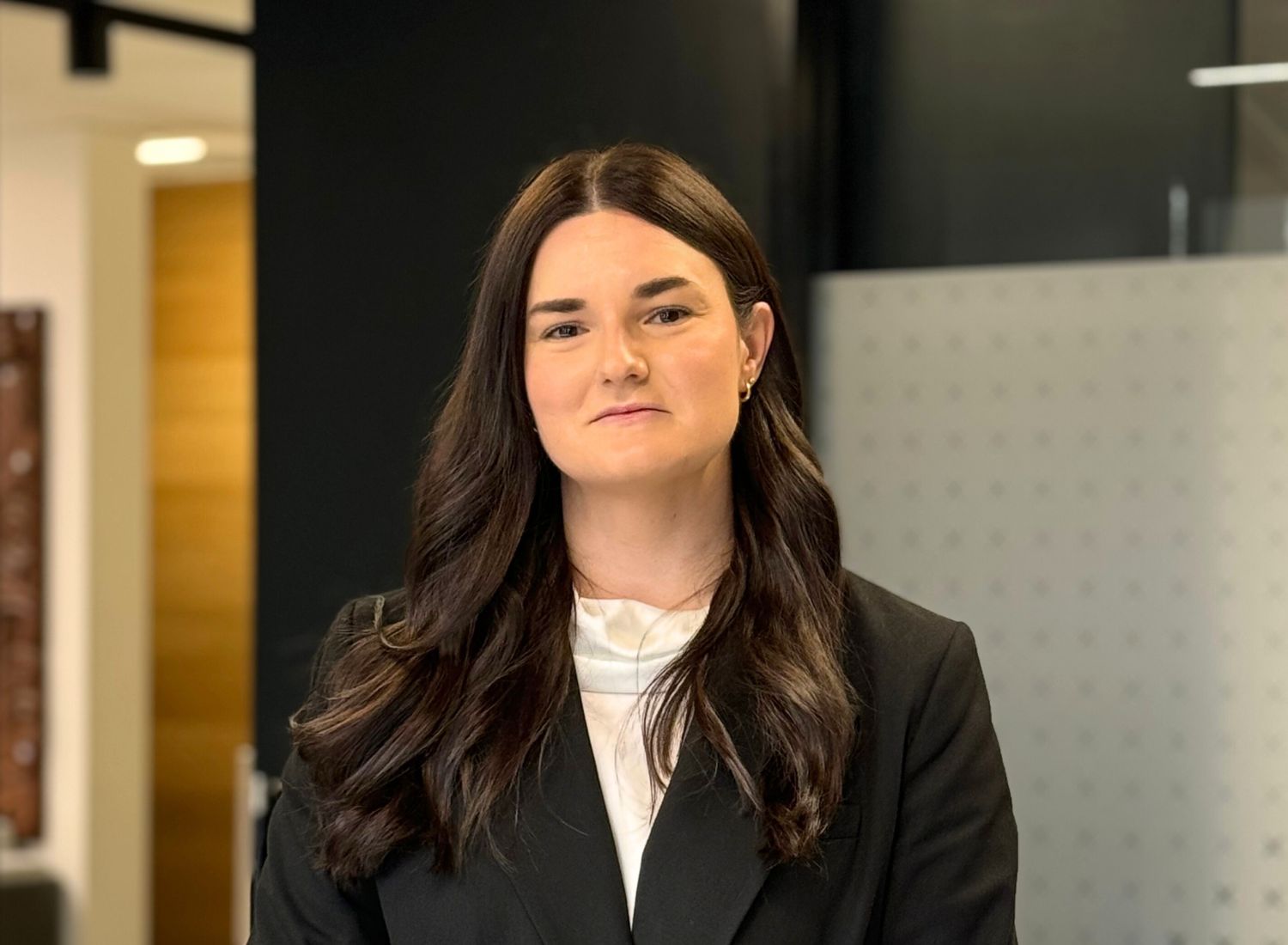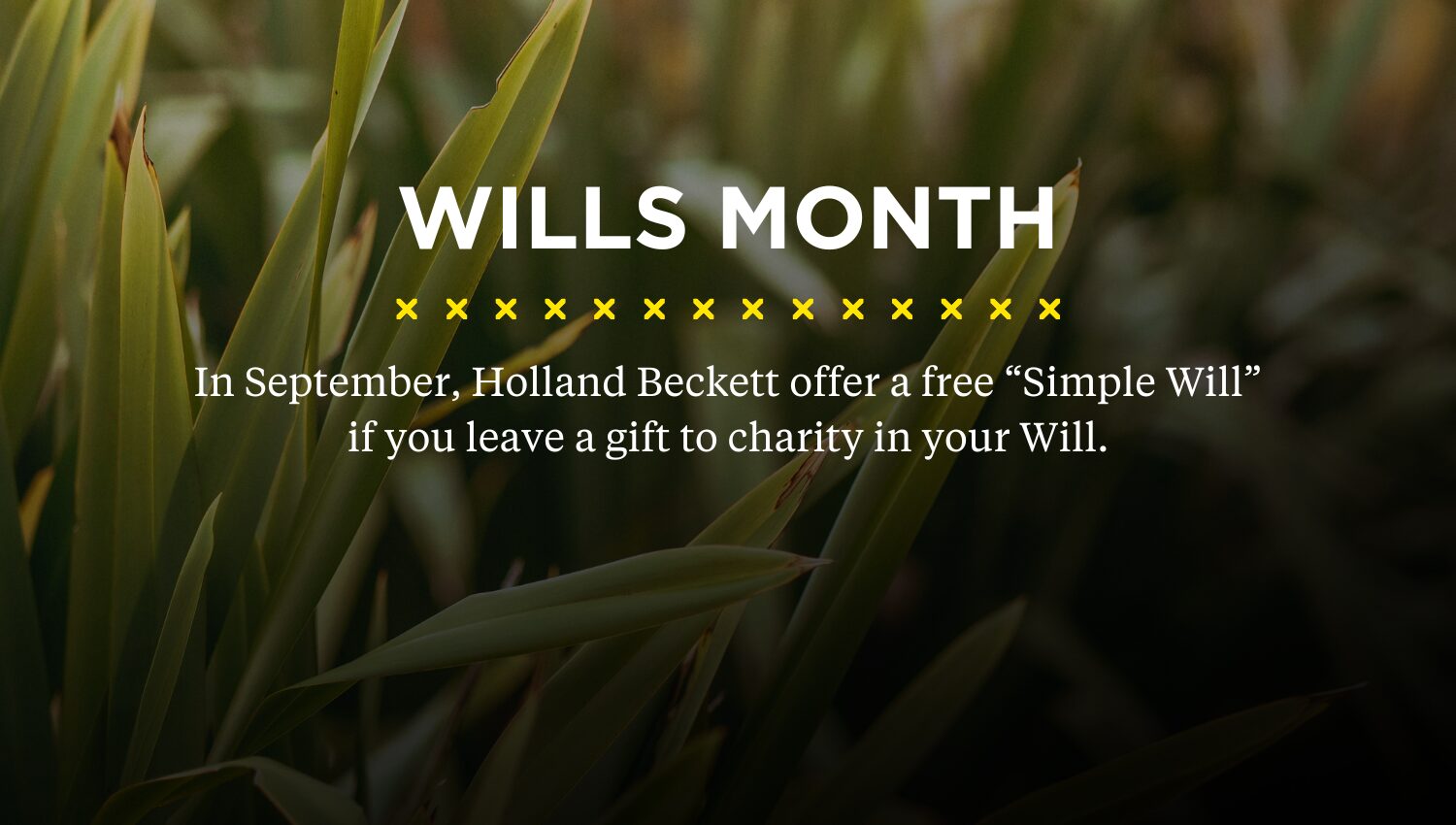Trustees and beneficiaries of trusts should be aware of a recent court decision, which clarifies two factors that trustees can take into account when deciding whether to distribute trust assets.
In December 2021, the Court of Appeal’s decision in Kain v Public Trust [2021] NZCA 685 has given trustees some guidance on whether two types of factors can or should be considered by trustees.
These are:
- A settlor’s wishes after the trust was established; and
- If a beneficiary has received (or can expect to receive) a benefit from a separate but related trust.
Settlor’s later wishes
When establishing a trust, a settlor expresses their intention (or wish) for how the trust’s property is to be used. Later on, a settlor may convey further or different wishes for the way in which they want the trust property to be used.
The Court of Appeal held that:
- A trustee is entitled to take into account wishes and subsequent wishes if they are consistent with the terms and purpose of the trust. To do this, a trustee can read and understand these wishes; and
- If the more recent wishes are inconsistent with the settlor’s original wishes, a trustee can consider the more recent wishes, however it is a matter for the trustee’s discretion to actually give effect to those recent wishes (in effect overriding the original wishes).
An example would be, as in the Kain case, if there is a statement by the settlor wanting equality between beneficiaries that is not contained in the trust deed. Depending on the circumstances, this wish for equal treatment may be able to be taken into account by a trustee, but those wishes do not have to be followed.
Interrelated Trusts
The Court of Appeal confirmed the general principal that a trustee must take into account all relevant considerations, and not take into account any irrelevant ones. The Court then held that where there are multiple trusts that are related (ie. are connected to one family group), it can be relevant what a beneficiary has received (or might be expected to receive) from a related trust. But it is not a requirement to do so.
For example:
There are two trusts relating to the Smith family, Trust A and B. Peter is a beneficiary of both. Mary, the trustee of Trust A, wants to make a decision in relation to Trust A’s assets. Peter has received a house from Trust B. Mary can take account of the house which Peter has received from Trust B when making her decision, but she does not have to.
At Holland Beckett, our litigation and estate lawyers can guide trustees through making difficult decisions, or can give advice to beneficiaries about decisions that have been made by trustees if you think the decision is wrong. Please do not hesitate to get in contact.









